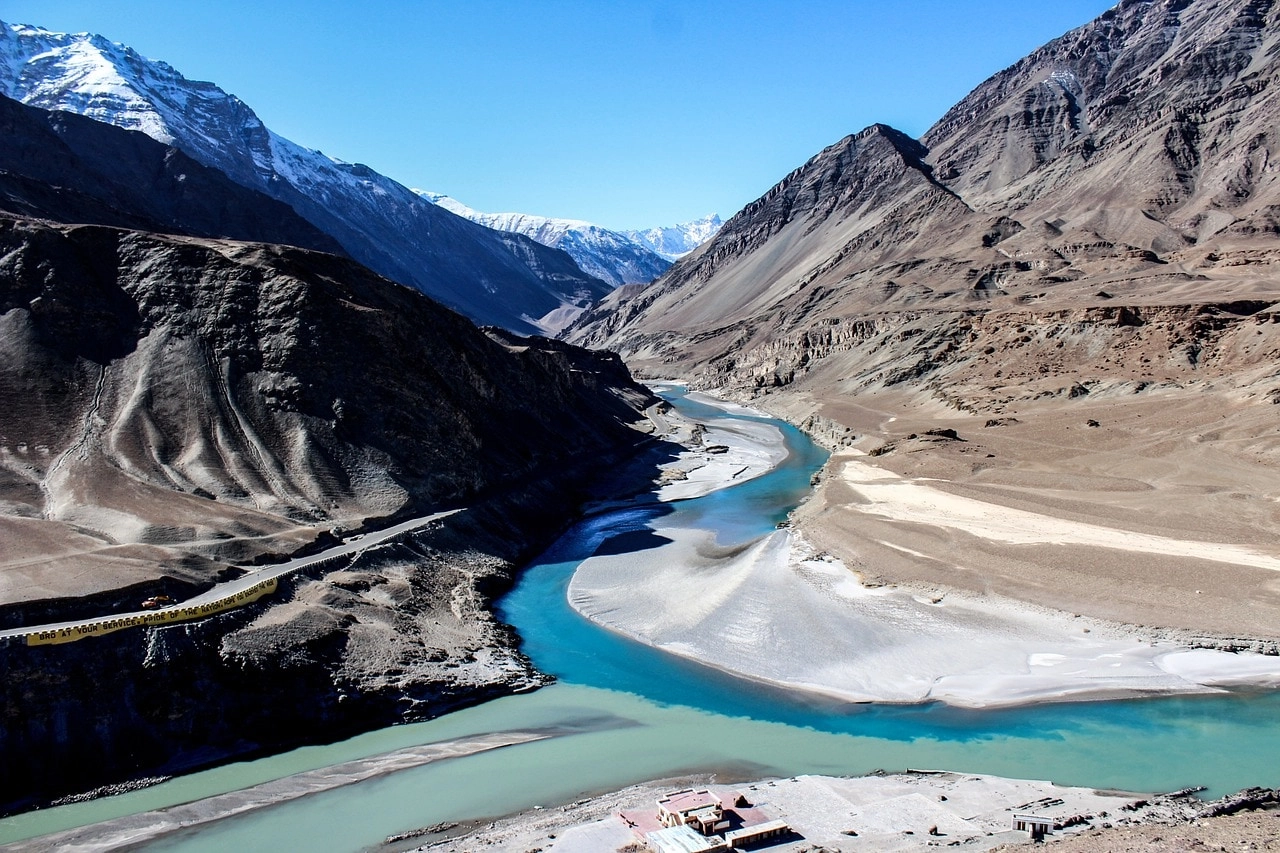India has officially declared the recent formation of a court of arbitration concerning the Indus Waters Treaty as illegal and void. This assertion comes in light of ongoing tensions between India and Pakistan over the management and distribution of the waters of the Indus River system, which is crucial for both nations. The Indus Waters Treaty, signed in 1960, governs the allocation and usage of water from the Indus River and its tributaries, allowing Pakistan to utilize the waters of the three eastern rivers while India has rights over the three western rivers. However, disagreements over water-sharing have intensified, prompting Pakistan to seek international arbitration.
India’s strong stance against the court of arbitration underscores its belief that the process undermines the treaty’s original intent and structure. New Delhi argues that the treaty was designed to be a bilateral agreement, emphasizing dialogue and negotiation between the two countries rather than external intervention. By labeling the arbitration as illegal, India aims to reinforce its position that any disputes should be resolved through direct discussions rather than through third-party involvement, which it views as a violation of the treaty’s framework.
The announcement has significant implications for regional diplomacy and water management strategies. As water scarcity becomes a pressing issue in South Asia, the need for cooperative management of shared water resources is critical. The escalating disputes over the Indus waters highlight the challenges faced by both nations in navigating their water-sharing agreements, especially in the context of climate change and population growth. India’s rejection of the arbitration court signals its commitment to safeguarding its sovereign rights over its water resources while also calling for a renewed emphasis on bilateral talks to resolve outstanding issues amicably.
In conclusion, India’s declaration that the court of arbitration is illegal and void represents a pivotal moment in the ongoing discourse surrounding the Indus Waters Treaty. It reflects broader geopolitical dynamics and the challenges of managing shared resources in a region marked by historical animosities. As both nations grapple with the implications of this development, the focus will inevitably shift back to dialogue and cooperative strategies to ensure sustainable water management while maintaining diplomatic relations.




